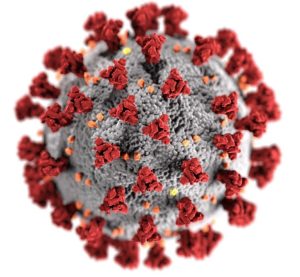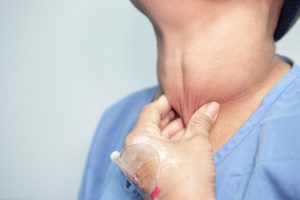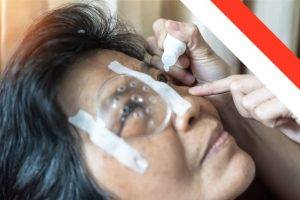Ever since the COVID-19 pandemic hit the world, countries have put forth a lot of travel restrictions to contain the spread of the virus. Only essential travel was permitted between countries through a bio bubble mechanism.
However, Southeast Asian countries have started opening their borders for international travellers, but with strict COVID-19 precautions. Passengers are required to undergo PCR tests, both before and landing at the destination country, for added safety. Those with any COVID-19 symptoms or have come in direct contact with a patient are strictly not allowed to travel.
How To Manage Special Medical Conditions During Travel?
Asthma
Asthma is a condition that causes inflammation in the airways. This makes it difficult for the person to breathe. There is no evidence to prove that asthma patients are at an increased risk of contracting COVID-19, but if contracted, they are at high risk of developing complications.
Thus, asthma patients are advised to avoid closed surroundings like an aeroplane as much as possible. If you cannot avoid travel, you should be well prepared. You should carry all the prescribed medicines with you during the flight. Masks should be worn all the time to avoid exposure.
Diabetes
Those with diabetes will have a higher blood sugar level, which increases their risk of developing complications if they contract COVID-19. For such people, it is best to postpone travel till the pandemic situation improves in both places.
If the travel cannot be avoided, you should take all necessary precautions to avoid contracting the infection. You should wear a mask at all times and ensure that social distancing is maintained as much as possible. Insulin injections or tablets should be taken as prescribed by the doctor so that your blood sugar level can be kept under control.
Dialysis patients
If you are undergoing dialysis for kidney failure, you fall under the high-risk category. Thus, it is highly essential that you stay alert and limit your exposure to COVID-19 infections.
As much as possible, those undergoing dialysis should try to avoid travel especially in closed surroundings like aeroplanes. If you cannot avoid travel, you should first consult with your doctor to get a go-ahead. You should also take all necessary precautions to ensure that you do not get infected. Social distancing and wearing masks should be given top priority.
What Are The Things To Consider While Travelling During Pandemic?
Vaccination
Make sure that you are fully vaccinated before you embark on a journey. It is best to plan your travel two weeks after taking your second dose. This provides the necessary time for your body to build protection. Vaccination reduces your chance of contracting the infection or spreading the same.
Testing
Every country has their own rules regarding COVID-19 tests, both before and after travel. Some countries even require you to undergo quarantine even after testing negative. You should check the testing requirements of the origin and destination countries before embarking on a trip.
What Are The General COVID-19 Protocols To Follow While Travelling?
The best thing about air travel is that the chances of infection are very low when compared to a closed office building or restaurant. This is because aircrafts are designed to have a good airflow where the air enters through overhead inlets and goes out through floor level outlets. This air circulation happens in every seat row or the adjacent ones. Moreover, most airlines have adjusted their seating arrangement to provide enough space between passengers.
In spite of all this, you should take the below precautions:
- Wear a mask all the time to contain the spread of infection.
- Try to maintain a distance of six feet between you and other people.
- Try to limit your contact with frequently touched surfaces like handrails, and elevator buttons. If you come into contact, wash your hands or sanitise.
- Avoid touching your eyes, nose and mouth.
- Cough and sneeze with your mouth and nose covered.
- Whenever possible, try to wash your hands with soap and water.
- If you are travelling by car, limit the number of people travelling with you.
What Do Doctors Have To Say?
The risk of catching infection during air travel is high, especially since the emergence of the Omicron variant. According to Mr David Powell, physician and medical adviser to the International Air Transport Association, “the risk of catching an infection is two to three times greater with Omicron.” To minimise the risk, hand hygiene, controlled boarding procedures, and avoiding face to face contact should be exercised as much as possible.
Also, if you are sick or think you could have caught COVID-19, or have come into direct contact with an infected person, you should try to postpone your travel. Remember that even if you do not have any symptoms, there are chances that you may pass on the infection to someone else.












